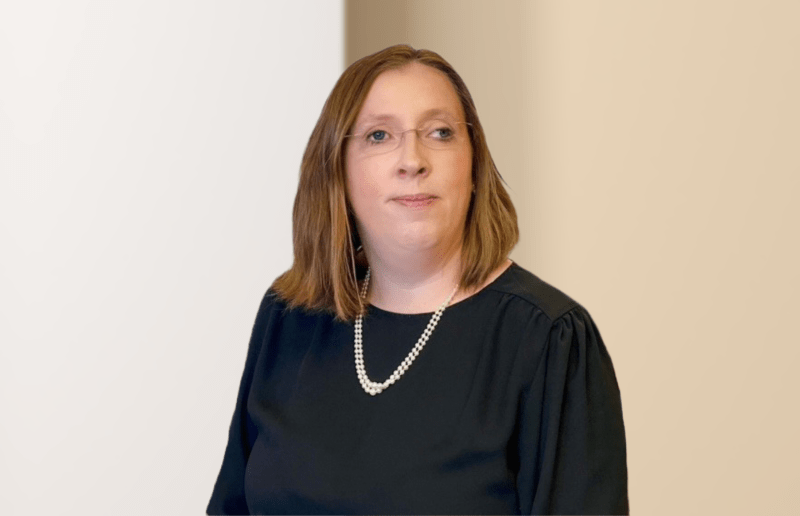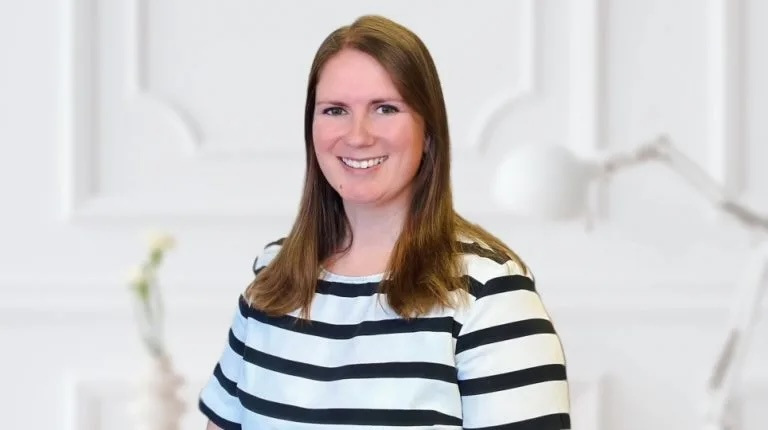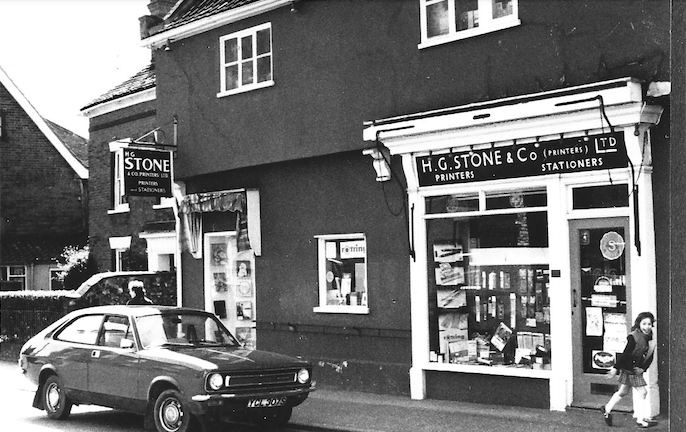A 100% mortgage is a type of mortgage that allows a borrower to borrow the entire purchase price of the property without having to put down a deposit. This means that the borrower does not have to contribute any money towards the purchase of the property at the beginning, which can be attractive to first-time buyers who may not have a large sum of money saved up for a deposit.
However, 100% mortgages are not as readily available as they were prior to the 2008 financial crisis. The Financial Conduct Authority (FCA) has introduced stricter regulations on mortgage lending to prevent a repeat of the crisis, and this has led to a tightening of lending criteria by mortgage lenders.
Some lenders still offer 100% mortgages, but they are generally only available to those who meet certain criteria, such as having a high credit score and a good track record of managing their finances. Lenders may also require additional security, such as a guarantor or a charge on another property.
Advantages of 100% Mortgages
If you wish to buy a property but you haven’t been able to save up the money for a deposit, then a 100% mortgage removes this obstruction. This can allow you to buy your first home sooner and if house prices are rising and renting is high, this could mean saving money in the long run as once you are on the property ladder and paying your mortgage, you are building up equity in the property.
Disadvantages of 100% Mortgages
Although a 100% mortgage can get you on the property ladder sooner, there are higher risks with 100% mortgages than the more traditional 90% or 75%.
One potential risk of a 100% mortgage is that you may end up in negative equity if the value of the property falls. This means that the amount owed on the mortgage is greater than the value of the property, which can be a problem if the borrower needs to sell the property or remortgage.
Another risk is that if you struggle to keep up with the mortgage repayment, such as if you lose your job or experience a significant increase in your living expenses, you may default on your mortgage. This risk is higher than with a traditional mortgage as it is likely that your monthly repayment will be larger as you are borrowing more money.
There are also fewer lenders to choose from when looking at 100% mortgages and this can lead to less competitive rates.
It is important for borrowers looking at 100% mortgages to carefully consider their financial circumstances and to seek independent financial advice before making a decision. They should also shop around to find the best deal, as interest rates and fees can vary widely between lenders.
If you would like to discuss anything in this article further or are looking at purchasing a property, contact the Residential Conveyancing team now on 01953 606351 or email info@spiresolicitors.co.uk.















